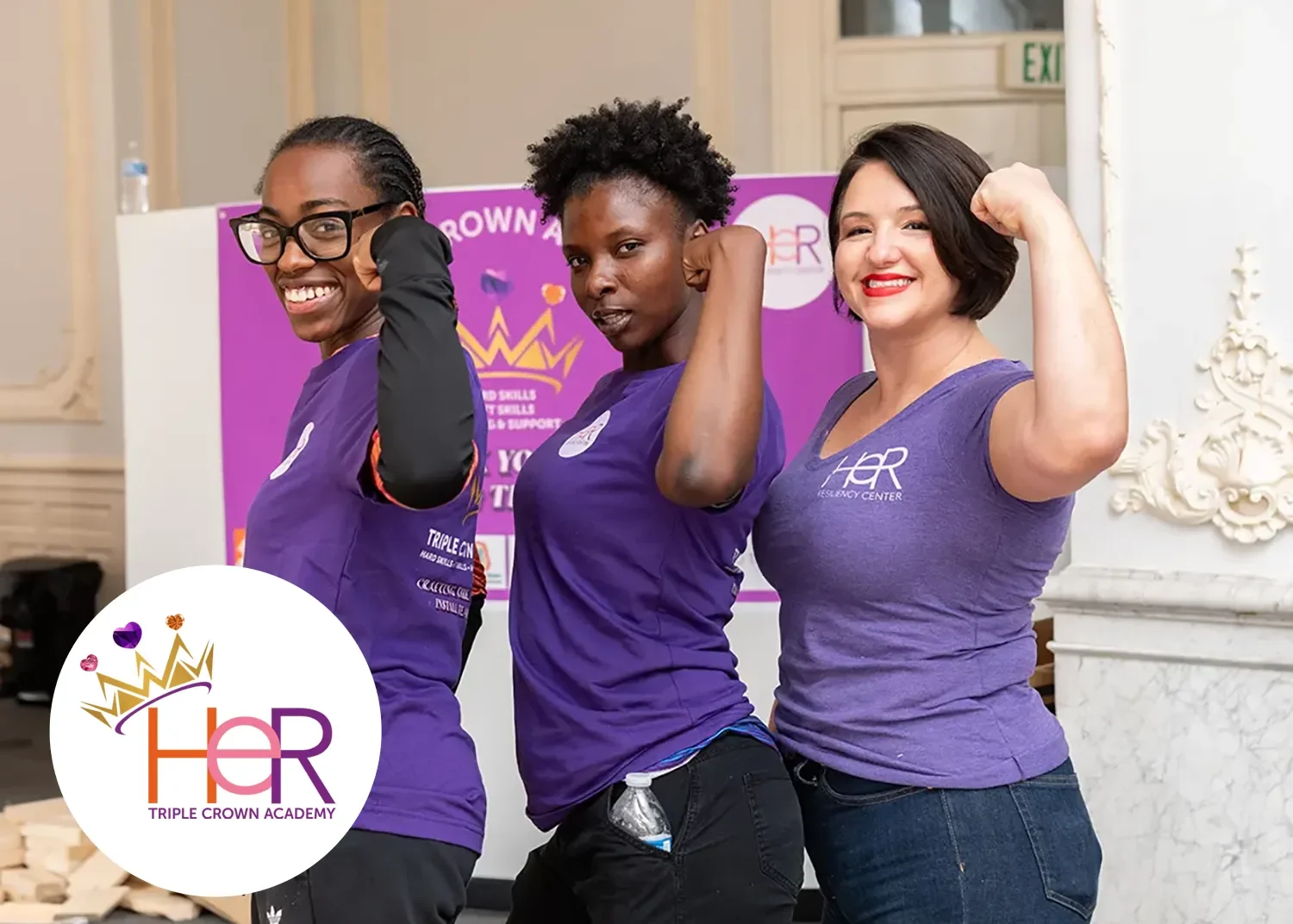NGUYEN ROCHE SUTTON FILES SUIT AGAINST GOVERNOR MOORE AND THE STATE OF MARYLAND
Nguyen Roche Sutton has filed suit on behalf of HER Resiliency Center (“HER”), a nationally recognized nonprofit that supports survivors of trauma, abuse, and exploitation, and its founder Natasha Guynes against Governor Wes Moore, the State of Maryland, and Dorothy J. Lennig, Executive Director of the Governor’s Office of Crime Prevention and Policy (GOCPP). The suit alleges unlawful retaliation, breach of contract, and violations of state and federal constitutional rights following HER’s public criticism of the administration’s mishandling of federal victim support funds. A full copy of the suit can be found below.
A Lifeline for Survivors, Silenced by Politics
For nearly a decade, HER has been a vital bridge to stability and safety for more than 3,750 women in the Baltimore and Washington, D.C. area — offering trauma-informed case management, workforce development, mental health workshops, and direct street outreach for victims of human trafficking, sexual exploitation, and domestic violence.
But despite years of successful partnership with Maryland’s Governor’s Office of Crime Prevention and Policy, the state has now refused to reimburse HER for more than $218,000 in federally backed Victims of Crime Act (VOCA) funds, threatening the organization’s ability to serve women in crisis.
“This isn’t just about funding,” said Natasha Guynes, HER’s founder and a survivor of sexual exploitation, childhood abuse, and complex trauma herself. “This is about silencing those who speak truth to power. We will not allow the State to punish organizations that dare to hold it accountable for failing the very victims it’s charged to protect.”
Retaliation After Speaking Out
The lawsuit asserts that after Guynes publicly raised concerns about GOCPP’s arbitrary and inconsistent practices, and retaliation. Internal communications reportedly described Guynes’ social media posts as “becoming a problem.” Shortly thereafter, HER’s reimbursement requests were denied with an explanation contrary to the agreement, and its approved funding was slashed by nearly half.
HER’s legal complaint alleges violations of the First Amendment, Article 40 of the Maryland Declaration of Rights, and the Victims of Crime Act (VOCA), claiming that Maryland officials used financial leverage to silence criticism and obstruct essential victim services.
A Pattern of Harm to Victim Service Providers
Guynes’ case reflects a growing concern among victim advocacy organizations that the state’s handling of VOCA funds is opaque and politically influenced. HER’s lawsuit contends that GOCPP has acted “arbitrarily and capriciously,” freezing reimbursements, moving goalposts on eligibility, and undermining programs that serve Maryland’s most vulnerable.
“HER has been on the front lines of Maryland’s fight against human trafficking and sexual violence,” said attorney W. Timothy Sutton of Nguyen Roche Sutton, counsel for the plaintiffs. “The State’s actions have not only harmed this organization financially but have also endangered survivors who rely on these services every day.”
Seeking Accountability and Change
The complaint, filed in the Circuit Court for Baltimore City, seeks compensatory damages, reinstatement of funds, and injunctive relief compelling the State of Maryland to comply with federal law and to cease retaliatory practices against victim service providers.
Guynes and HER are calling for greater transparency, oversight, and respect for organizations that give voice to survivors who have been silenced for too long.
“HER has always stood up for women who’ve been told to stay quiet,” said Guynes. “Now, we’re standing up for them — and for ourselves.”
About HER Resiliency Center
Founded in 2015 by survivor and advocate Natasha Guynes, HER Resiliency Center empowers women who have experienced trauma, abuse, and exploitation to achieve independence through mentorship, career development, and trauma-informed care. HER has supported thousands of women across Maryland and the District of Columbia through programs focused on healing, workforce readiness, and long-term stability.

